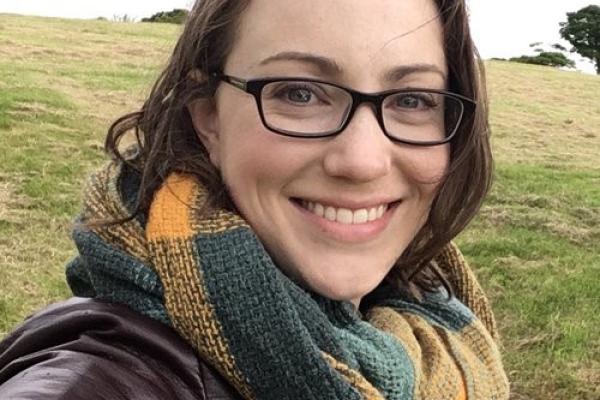
The Quantitative Psychology brownbag of January 30, 2023, Monday @ 12:30-1:30pm ET will be a joint session organized by several other programs along with OSU around the nation:
University of Notre Dame
University of Maryland, College Park
University of North Carolina at Chapel Hill
University of Virginia
Vanderbilt University
University of South Carolina
Participating programs also include those from York University, McGill University, University of Missouri, and University of British Columbia!
Dr. Clare R. Evans
Department of Sociology
University of Oregon
Title: Multilevel Models of Intersectional Inequalities
Abstract: How can we incorporate intersectional thinking into our research, evaluation, and promotion of Diversity, Equity, and Inclusion?
Intersectional MAIHDA (multilevel analysis of individual heterogeneity and discriminatory accuracy) is a quantitative method recently developed in the field of social epidemiology (Evans et al. 2018). It has been hailed as the “new gold standard for investigating health disparities” (Merlo 2018). Intersectional MAIHDA is a tool for engaging in inclusive, justice-focused research and practice, with potential applications across the social and population health sciences. Empirical and simulation studies have shown MAIHDA has numerous methodological and theoretical advantages over conventional methods, such as regression models with high-dimensional interaction parameters (Bell et al 2019, Mahandran et al 2022a, 2022b, Evans et al. 2020). At its heart, MAIHDA is a reimagining of multilevel (hierarchical) models for a new purpose: quantitative intersectional analysis. In this session, I will introduce intersectional MAIHDA, explore examples to showcase its potential, and address practical issues to help you consider whether it would be useful in your own work.
Readings
- Evans, C. R., Williams, D. R., Onnela, J- P., & Subramanian, S. V. (2018). A multilevel approach to modeling health inequalities at the intersection of multiple social identities Download A multilevel approach to modeling health inequalities at the intersection of multiple social identities. Social Science and Medicine, 203, 64 - 73.
- Evans, C. R., & Erikson, N. (2019). Intersectionality and depression in adolescence and early childhood: A MAIHDA analysis of the national longitudinal study of adolescent to adult health, 1995 - 2008 Download Intersectionality and depression in adolescence and early childhood: A MAIHDA analysis of the national longitudinal study of adolescent to adult health, 1995 - 2008. Social Science & Medicine, 220, 1-11.
Clare R. Evans is an Associate Professor in the Department of Sociology at the University of Oregon, where she serves as Core Faculty for the UO Center for Global Health and on the executive leadership teams for the UO programs in Global Health and Disability Studies. She received her ScD in Social and Behavioral Sciences at the Harvard T.H. Chan School of Public Health in 2015 and an MPH in Sociomedical Sciences at the Columbia University Mailman School of Public Health in 2011. A social epidemiologist, medical sociologist, and quantitative methodologist, her research focuses on the intersectional social determinants of population health inequalities.
